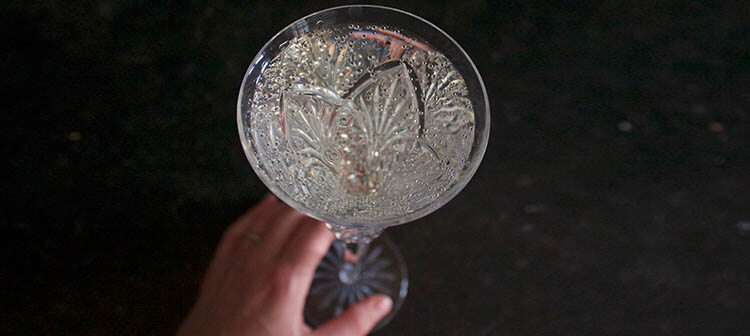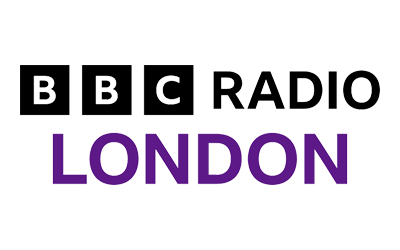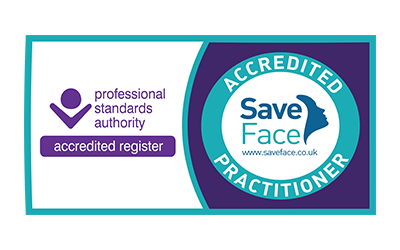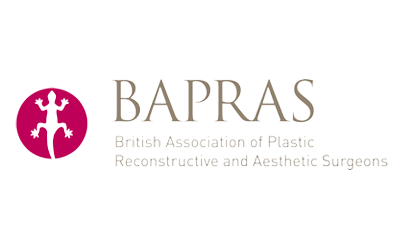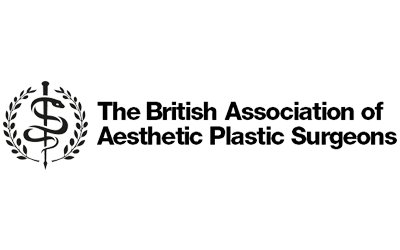As the festive season approaches, your party calendar may be getting filled up so we thought it was an opportune time to look at alcohol and cosmetic surgery.
If you have made the momentous decision to have cosmetic surgery and your operation date is looming, it’s understandable that you may want a stiff drink to calm your nerves. Similarly, you may have just had your surgery and are delighted with the results and want to show them off. However, at Karidis Clinic, we advise you to abstain from drinking alcohol in the run up to your procedure and during your recovery period and there are many good reasons why.
Will alcohol affect my cosmetic surgery results?
Drinking alcohol before and after could have an impact on your cosmetic surgery results. Alcohol causes inflammation and, after a rhinoplasty, your nose is susceptible to alcohol-related swelling making the recovery process more painful and potentially permanently affecting your results.
If you have undergone a facelift to address the visible signs of facial ageing, it’s important to protect your investment by ensuring your skin is as supple and hydrated as possible during the healing process. A tummy tuck involves significant manipulation of the tissues so it’s essential that the recovery process is as smooth and speedy as possible. Also, alcohol is high in calories and low in nutrients so excessive consumption can lead to future weight gain.
What can happen if you drink alcohol before surgery?
We advise you not to consume alcohol before surgery for several reasons:
- Alcohol is a diuretic, which means it draws water away from the body, leaving it dehydrated, particularly your skin as the body’s largest organ. This can cause cracks to appear in the skin and it to become less supple. During most cosmetic surgery procedures, our plastic surgeons manipulate the skin and stitch it together and dehydrated skin can mean a less desirable outcome and possibly unattractive scarring.
- Even in moderate amounts, alcohol acts as an anti-coagulant, thinning the blood. As all cosmetic surgery procedures involve incisions, consumption of alcohol before surgery can increase the chance of unexpected and excessive bleeding during your operation, putting the patient at risk.
- Most cosmetic surgery procedures we offer at Karidis Clinic are performed under a general anaesthetic which involves administering powerful drugs that affect your breathing, heart rate and blood circulation. All these bodily functions are affected by alcohol and therefore make it harder for the anaesthetist to judge the correct dosage you require. Both anaesthetic and alcohol can also cause nausea and vomiting.
How long before surgery should I stop drinking alcohol?
Whether you’re undergoing a facial rejuvenation, cosmetic breast surgery or a body contouring procedure, all cosmetic surgery is a serious undertaking, and you want to be in the best possible physical health. We advise patients to stop smoking and focus on a healthy and varied diet as soon as they make the decision to undergo surgery.
Our plastic surgeons Mr Alex Karidis and Mr Mark Ho-Asjoe also advise you to reduce your alcohol intake well in advance of your surgery and you should avoid consuming any alcohol for at least 48 hours before your operation to minimise the surgical risks outlined above.
Does alcohol slow healing after surgery?
Drinking immediately after surgery can be just as dangerous as consuming alcohol beforehand as it can impact your immune system and slow down healing. As alcohol thins your blood, patients are at risk of prolonged bleeding and infections.
What happens if you drink alcohol after surgery?
As mentioned, drinking alcohol after surgery can delay the healing process because thinner blood is likely to result in excessive bleeding and increased swelling. There are other side effects of consuming alcohol post-surgery, including dehydration, which can worsen scarring, and tiredness. It is also important to consider the type of medication you are taking after your surgery. Some patients may be prescribed painkillers or antibiotics that should not be mixed with alcohol. If they are mixed, patients may experience unpleasant side effects such as nausea, headaches and breathing difficulties.
How long after surgery can you drink alcohol?
A common question we are asked at Karidis Clinic is why can’t you drink alcohol after anaesthesia? Drinking alcohol after general anaesthetic is not advisable as the effects can linger for a few days after and these will be exacerbated by alcohol. Mixing alcohol with any medication you are prescribed can also have serious consequences.
We advise patients to wait for at least two weeks after their operation to ensure the optimal outcome.
For more advice on how to prepare for surgery or boost your recovery process, call us on 0207 432 8727.
